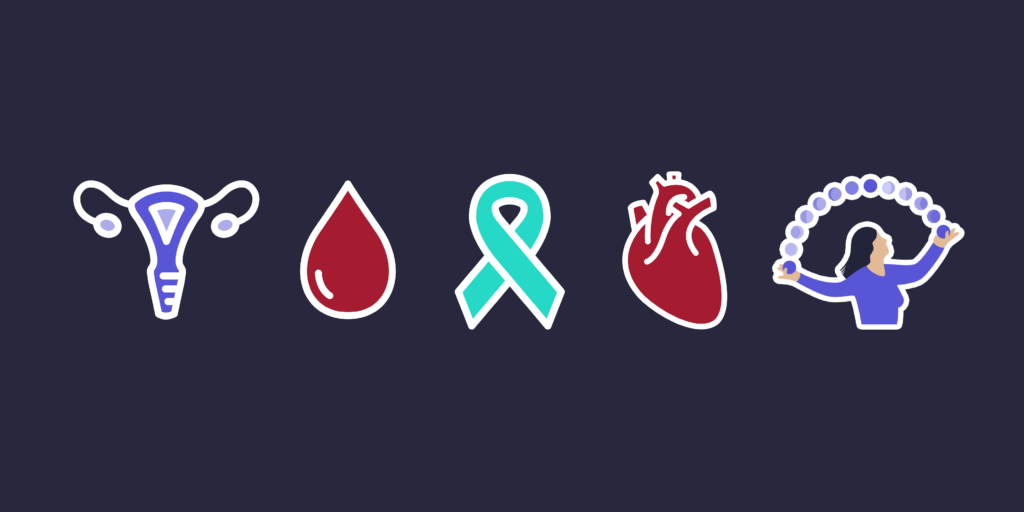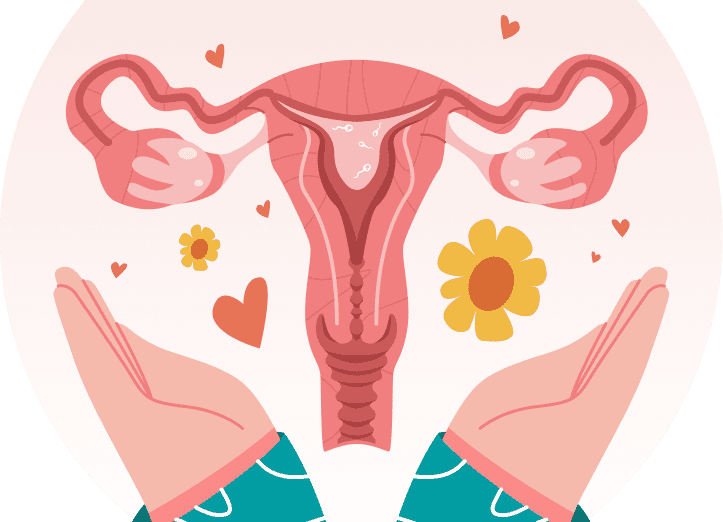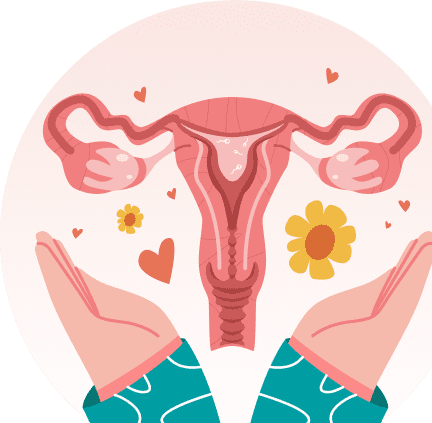Polycystic ovary syndrome (PCOS) is a very common endocrinal disorder that has a large impact on the health burden of women and is believed to have a strong genetic basis. Despite extensive studies of PCOS, endocrinologists lack a firm understanding of how it originates.
While genetics are passed down from previous generations, it’s not always the case with genetic components of chronic ailments. In short, PCOS may or may not be genetic.
A complex ailment like PCOS can be triggered by various factors including – genes, a combination of lifestyle and environmental factors i.e. lack of exercise, sedentary lifestyle, dietary habits or even exposure to pollution. Although it is fair to say that there does seem to be a genetic component that may be associated with PCOS, it has not been specifically described.
Read more: Lifestyle Tips to Manage PCOS
Family Association with PCOS
And while PCOS does not for sure show a hereditary history as per various reports and research, there seems to be some sort of family association—an estimated 20% – 40% of those with PCOS have an affected family member, usually a mother or sister.

The genes that are involved in the production of androgens, specifically ones that lead to high levels of androgens, like testosterone, in the ovaries that make it difficult for the brain and ovary to communicate for normal ovulatory function, are responsible for the dysfunction. There are also other genetic variants that interfere with follicle-stimulating hormones, energy production, inflammation, and insulin production and regulation, which may also contribute to PCOS.
Studies on PCOS report various instances of relatives and siblings in families with dominant inheritance. The prevalence of PCOS in first-degree relatives was found in nearly 55–60% of several small families supporting the theory.
PCOS does run in families and can be a genetic ailment and can be inherited from either the mother’s side or the father’s side.
Early Signs of PCOS
Early signs that your daughter may have PCOS include:
- Periods that remain irregular, two years or more after her first onset of menses.
- Weight gain and trouble losing weight.
In conclusion, if any relatives, such as your mother, sister or aunt, have PCOS, the risk of you developing it is often increased. But keep in mind that while there does seem to be a genetic component with PCOS, the incidence is increasing, potentially due to an environmental or lifestyle component in the form of endocrine disruptors, it’s not unusual for a patient to have no significant family history and still develop the disorder.
Read more: Common Myths About PCOS




















Share this article